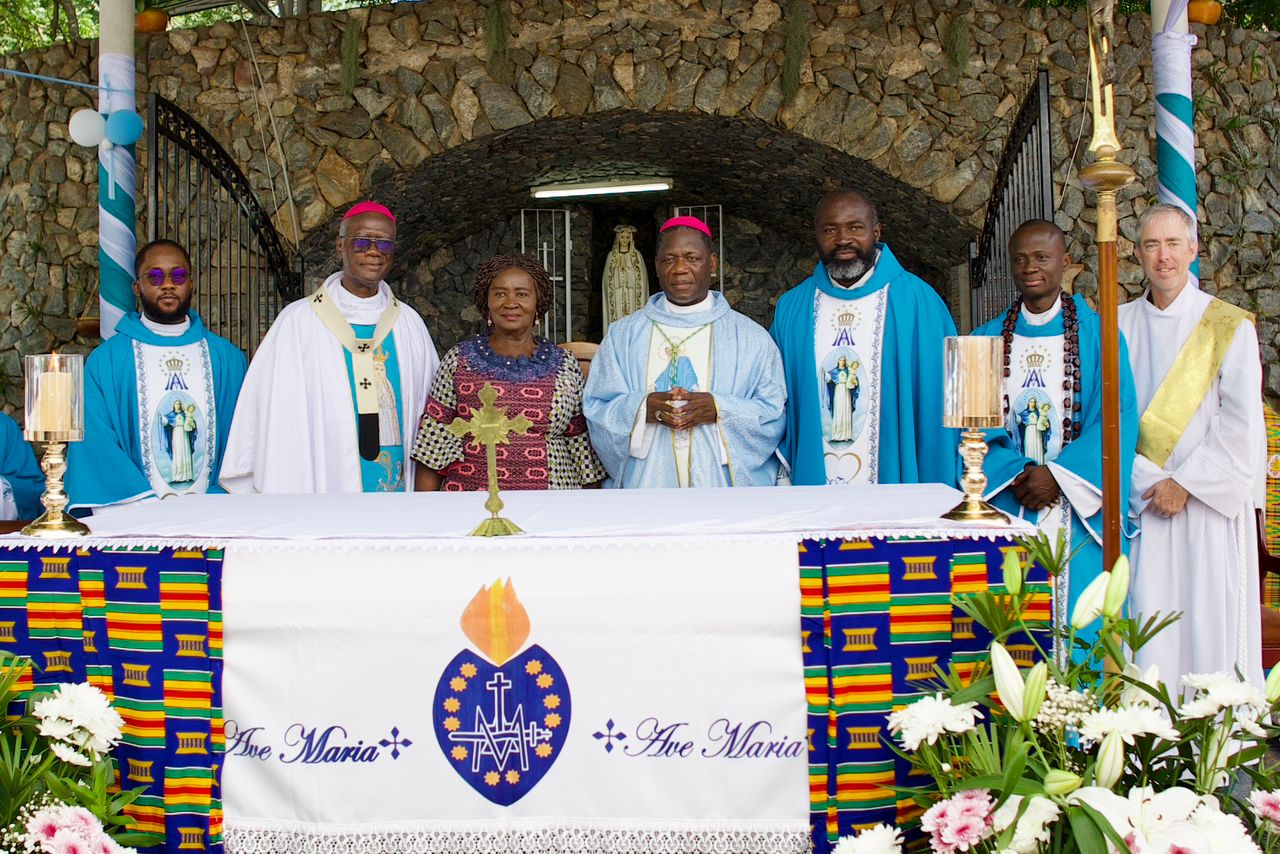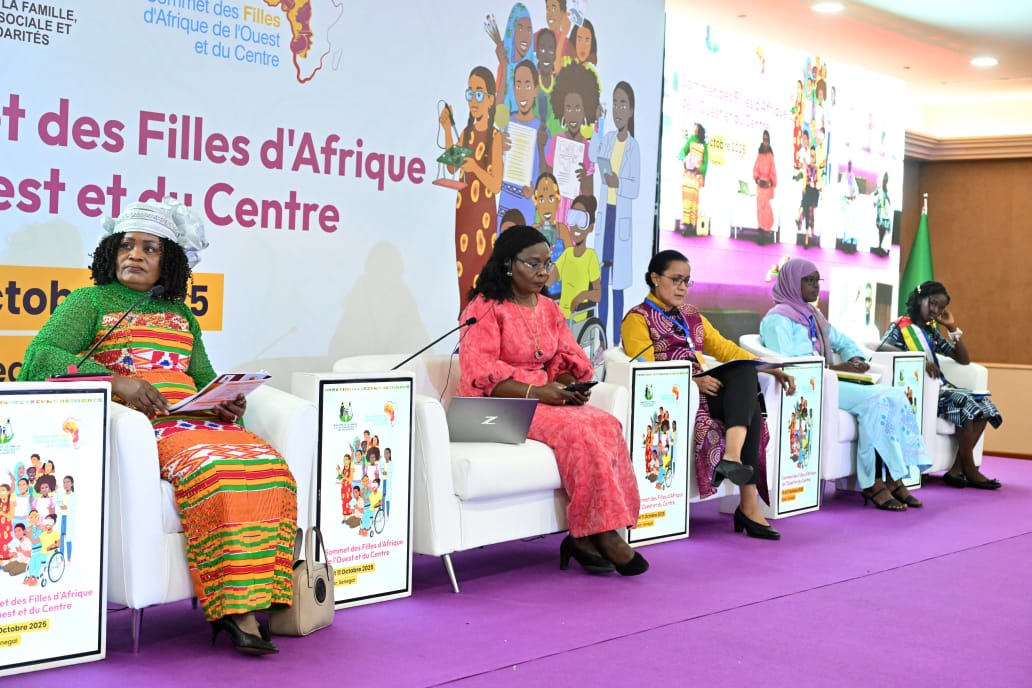
The writer
When my sister gave birth, joy met complexity in a way that felt familiar to the Ghanaian family of today – the quiet tension between tradition and modern life.
In earlier times, childbirth set off a predictable rhythm: the mother of the new mother would arrive from her hometown, hands full of spices, baby cloths, herbs, and care. For weeks, sometimes months, she would anchor the new household – bathing the baby before dawn, feeding the mother, whispering prayers, and offering instruction passed down through generations. It was care as continuity, and no one questioned its order.
But this time, it wasn’t so simple. My mother, who manages a shop in Kumasi, could not immediately travel to Accra to stay with my sister. The decision wasn’t emotional – it was economic, logistical, and deeply moral all at once. My father needed her presence in Kumasi.
Her small business could not close indefinitely. And she, too, is a woman of her generation; not idle, not retired, not waiting for calls to service, but managing work, marriage, and meaning all at once. What would have once been an unquestioned cultural duty had now become a hard personal choice.
This small domestic episode mirrors a much larger national story that sits at the intersection of changing family structures, modern employment, and gendered expectations. The Ghanaian family, once defined by proximity and collectivism, is slowly transforming into smaller, more scattered units. Education and work have carried people across cities and continents. Urbanisation has compressed space and time, trading communal living for individual survival. Ghana, like much of Africa, is living through the quiet collapse of the extended family care system that once anchored our social lives. The Ghanaian family has grown smaller, more mobile, and more individualistic. The women who once carried the burden and blessing of care are now active participants in the formal economy. They are doctors, lawyers, traders, civil servants, and entrepreneurs. They contribute taxes, ideas, and leadership, but this very progress has redefined the old rhythms of birth, nurture, and domestic support
We live in a moment where the biological and professional clocks tick in dissonance. A woman in her late twenties or early thirties is expected to be ascending her career ladder just as society begins to whisper questions about marriage and motherhood. The traditional script no longer fits the modern reality. Women are studying longer, marrying later, and giving birth at ages that used to be considered “late.” And yet, the policies and social infrastructure that should make this possible lag far behind the cultural change.
Maternity leave in Ghana, for instance, remains at a minimum of twelve weeks under Section 57 of the Labour Act (Act 651, 2003) – barely three months. The same law allows for an additional two weeks in cases of multiple births or complications, but that hardly matches the real demands of postnatal recovery or the World Health Organisation’s recommendation of six months of exclusive breastfeeding. The law was a milestone in its time, yet 20 years on, it feels outdated. Compare this with organisations such as the British High Commission in Accra, which grants its staff six months of paid maternity leave and ensures that a cover officer steps in so that the mother’s career does not stagnate while she bonds with her child. That single policy choice communicates something powerful: that care is not a private inconvenience but a public value.
It is sad that the broader Ghanaian labour ecosystem still treats maternity as an individual matter rather than a collective concern. Many employers, especially in the private sector, view pregnancy as a disruption. Some quietly penalise women for taking their entitled leave, with others hesitating to hire women of childbearing age.
The very structures that celebrate women’s education do little to protect them once they become mothers. The result is a growing tension between aspiration and accommodation, as well as the promise of equality and the lived experience of working women.
This tension spills into homes. Without grandmothers or aunties nearby, new mothers turn to house helps, crèches, or daycare centres, often with mixed results. Recent headlines have exposed horrifying cases of abuse, with children being beaten, neglected, or molested by those entrusted with their care.
The anxiety around childcare is no longer confined to working-class households; even professionals struggle to find safe and affordable options. Many of these domestic workers are themselves young, undertrained, and underpaid. They migrate from rural areas to cities, entering informal employment without regulation or oversight. The care chain has become precarious: a working mother depends on a girl who herself has no protection, both navigating a system that sees neither of them fully.
The deeper issue is that Ghana has not yet fully recognised care as part of the economy. It remains invisible, unpaid, or underpaid work, performed mostly by women, and expected as duty rather than compensated as labour. Economists call this the “care economy”: the vast, often unmeasured web of activities that sustain households, communities, and the workforce itself. Cooking, cleaning, raising children, caring for the elderly – these are not marginal tasks; they are the foundation upon which productivity rests. When mothers take time off to give birth or nurture infants, they are not stepping away from the economy; they are sustaining its future labour force.
A new understanding of care requires both cultural and institutional shifts. It calls for governments and employers to view caregiving not as a private choice but as a public responsibility. Policies must evolve to match the demographic and social realities of modern Ghana. Extending maternity leave to at least sixteen or twenty weeks – ideally six months – would align national practice with global health standards and demonstrate that the country values both women’s health and children’s early development. Paternity leave, currently tokenistic, must also expand to encourage shared domestic responsibility. The notion that caregiving is a woman’s exclusive domain belongs to another era; the modern household thrives when fathers participate fully in childcare, not merely as helpers but as co-parents.
For young singles preparing for marriage, this changing landscape demands foresight. Marriage today is not merely a union of affection but a partnership of logistics, time, and shared responsibility. Couples must plan not only for wedding ceremonies but for the years of balancing work, fertility, and parenting that follow. Conversations about savings, maternity leave, domestic help, and support systems should not be afterthoughts. Too often, love stories falter under the weight of unspoken expectations about who will sacrifice what when children arrive. The biological clock is not merely a personal concern; it intersects with national labour realities and gender policy gaps.
Source Gifty Nti Konadu
Read Full Story


















Facebook
Twitter
Pinterest
Instagram
Google+
YouTube
LinkedIn
RSS